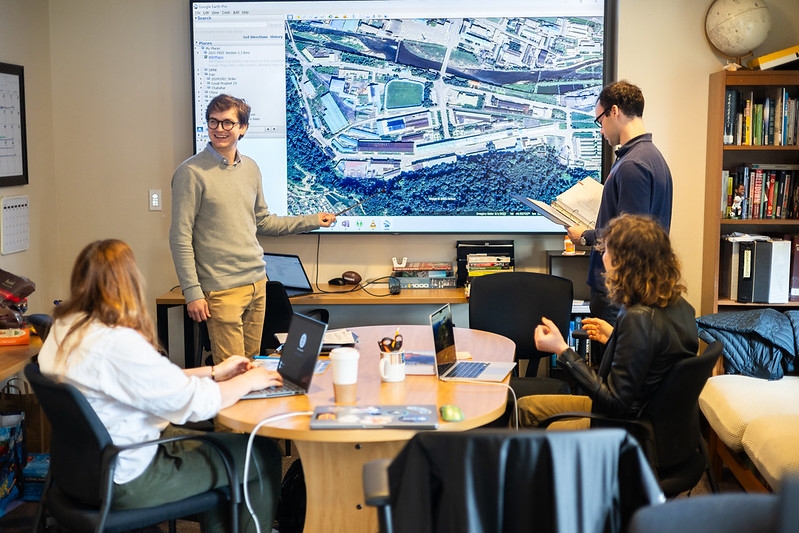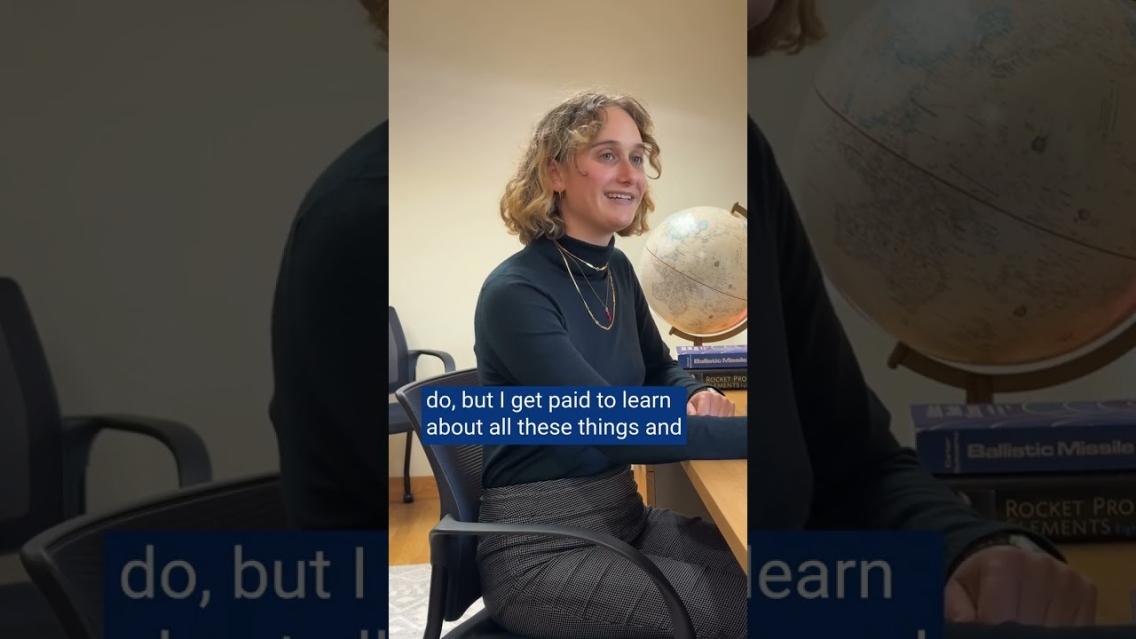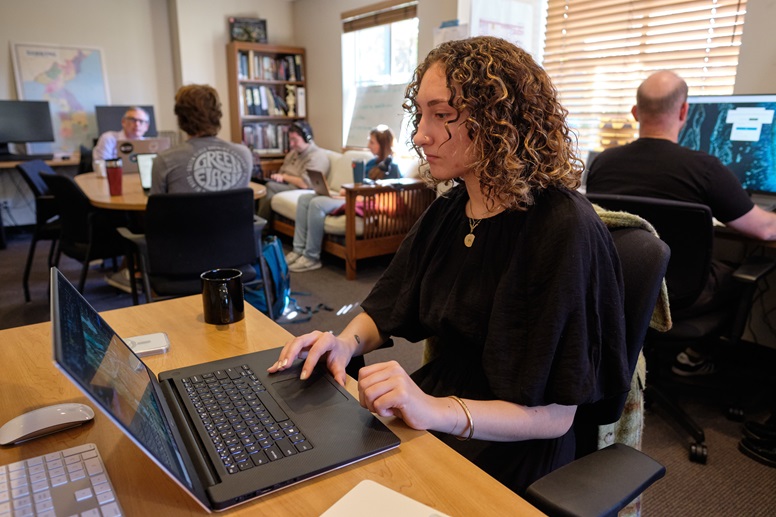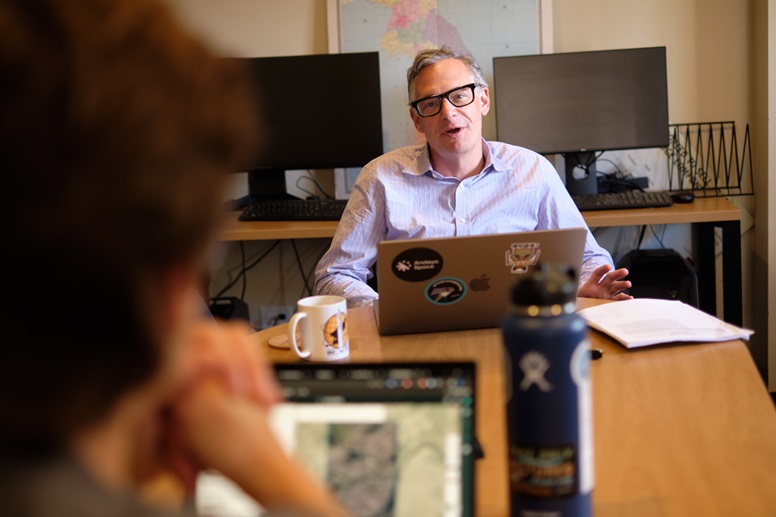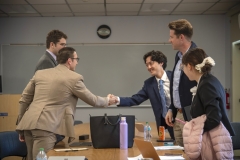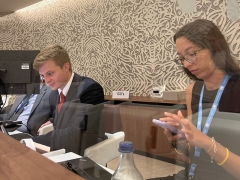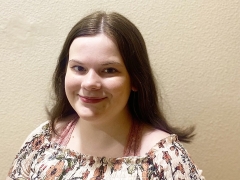Students Navigate Central Asia Conflict Negotiations in Crisis Simulation
| by Caitlin Fillmore
A long-running partnership with the Army War College immerses policy and language students in realistic diplomatic negotiations over an intense weekend. This marks the tenth year of the International Strategic Crisis Negotiation Exercise (ISCNE).

